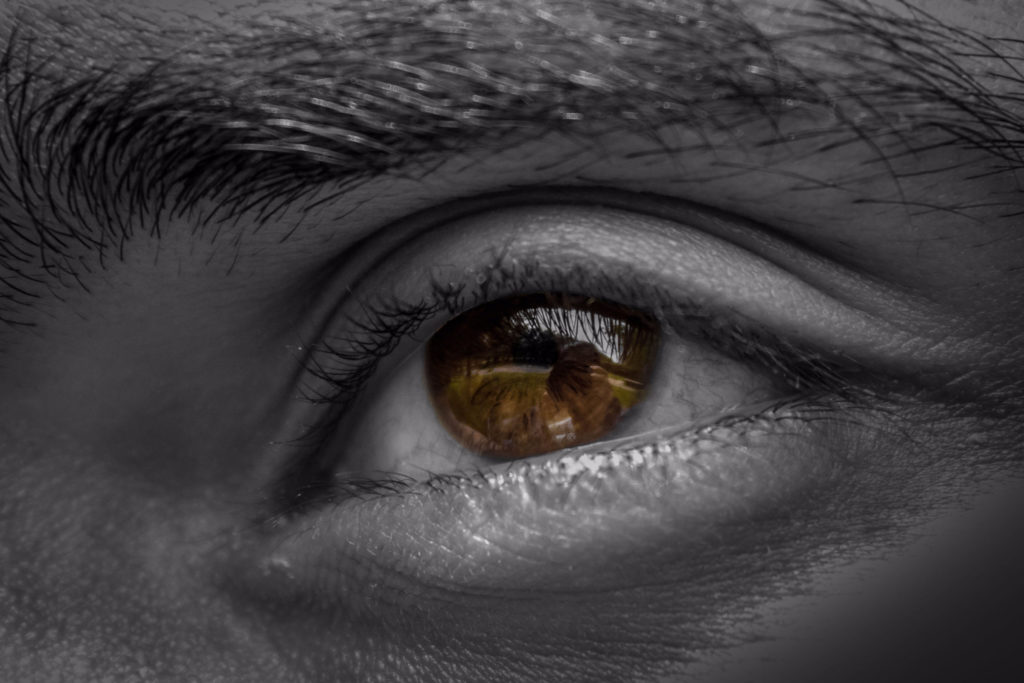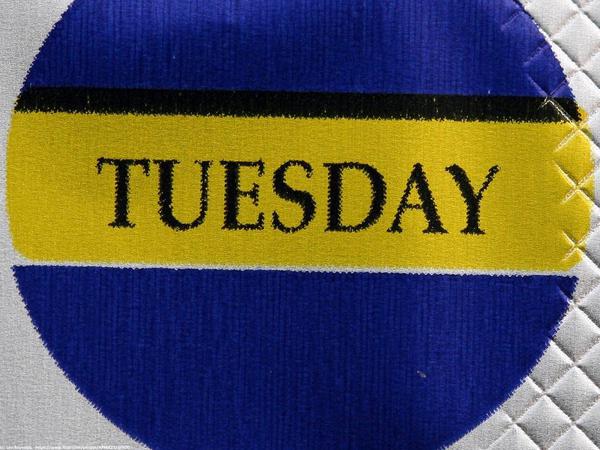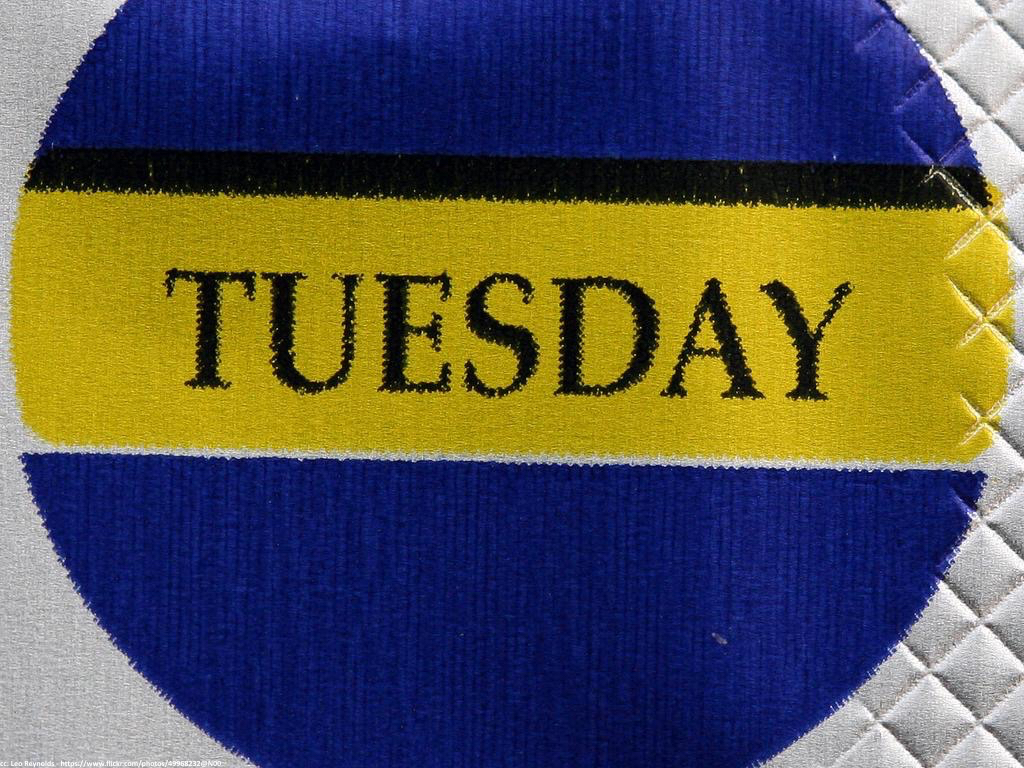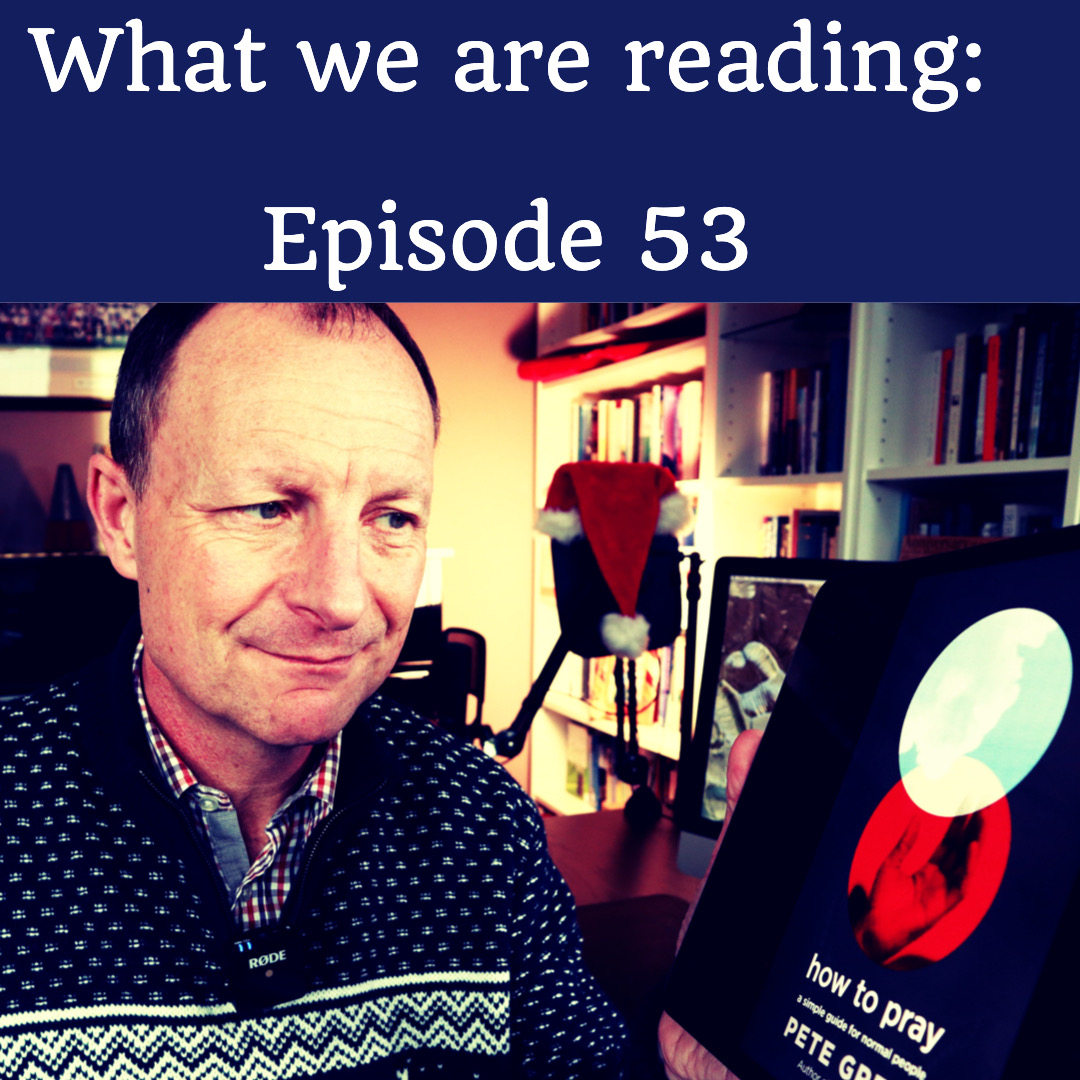Life reveals an unsettling truth. Fear is part of our everyday existence. There’s no running away from fear. It stalks you even in private. What to do? Self-medicate? Not satisfying, successful nor healthy.
Eye-opening Bravery
My father had an operation on his eye on Thursday. He had the option of a local or a general anaesthetic. He opted for local. Eye open, fully conscious, lying on an operating table for 90 minutes while the surgeon operated on his right eye. He’s a braver man than me. I’d go ‘general’ every time. As a result of his courageous choice he was out of the hospital more quickly and is enjoying a faster recovery. He felt the fear but was not controlled by it.
Fear Appears
How do we best handle fear when it appears? David was a man who knew fear. Bears, lions, spear-throwing kings (1 Samuel 17.34-37; 1 Samuel 19.9-10). They all had a go at him. Let’s have a look at David’s thinking in Psalm 27 and see what we can learn.
Confident Declaration
“The Lord is my light and my salvation—whom shall I fear?
The Lord is the stronghold of my life—of whom shall I be afraid?”
(Psalm 27:1 NIV11)
David is in trouble. Later in the Psalm he mentions enemies, the wicked, foes, war, trouble, oppressors and false witnesses. In other Psalms he opens with his challenges. But here he starts with a confident declaration of faith. David is not pretending. He is afraid. But he knows his feelings, real as they are, do not objectively describe reality. God is in the picture and is involved.
Faith and Feelings
There is no ‘right’ way to bring our fears to God. David shows us one way in this Psalm. He begins with what he knows to be true about God. He may not feel it, but he states it in faith. Look again at David’s statement: “The Lord is my light and my salvation”. It makes sense to be afraid of darkness (Isaiah 59.9-11, Matthew 6.23) and lostness (Jude 6, Luke 16.24). However, by faith we find that God provides light and salvation (Psalm 119:105, John 8.12, 9.5). Therefore we can be confident of his concern, presence and support even when it’s dark and we feel ‘lost’. David describes God as his “stronghold”. What does this mean? A ‘stronghold’ is a place of safety (Psalm 9.9), a refuge. In the Hebrew it can mean a fortification behind a wall above the enemies at a safe distance from their attacks.
Conclusion
David’s confidence is not in Jerusalem’s physical defences. It is not in his skills (formidable as they are). His confidence is in God. Making that the first statement of this Psalm reveals how determined he was to set his mind and heart on God. Our fears need putting into perspective. Even in our fear, we can have the confidence that God will supply all the strength we need (Ephesians 3.16-17). The next time you feel the fear, don’t begin your prayer with it. Instead, why not tell God how much confidence you have in him? And then talk about your problems?
Question
What difference does it make when you tell God what you know to be true about him, before mentioning your fears? Are there other ways to bring our worries to God? What works for you?
Please leave a comment here so that we can all learn from one another. We learn best when we learn in community.
I hope you have a wonderful week of quality quiet times.
God bless, Malcolm



